An international conference to negotiate on a landmark treaty to combat plastic pollution ended on Sunday shortly before midnight in Kenya's capital of Nairobi, but the member states failed to reach the consensus to mandate intersessional work.
The third session of the Intergovernmental Negotiating Committee, or INC-3, focused on the initial draft of the international legally binding instrument on plastic pollution, released earlier this year, with the goal of concluding negotiations by the end of next year.
The World Wide Fund International, or WWF, an independent conservation organization said despite an overwhelming majority of countries ready to move forward on a robust and ambitious treaty, countries with deep petrochemical interests delayed progress throughout the week-long meeting.
The organization said the countries blocked the final decision on how to advance work leading into the fourth round of UN talks for a global plastic pollution treaty.
"The efforts of just a few (countries) with large petrochemical interests have resulted in a disproportionate amount of time spent on disingenuous proposals that have delayed meaningful progress to end the plastic pollution crisis," the WWF said in a statement on Sunday evening.
The organization urged high-ambition countries to stay focused on developing the set of legally binding rules, which the majority of governments and many leading businesses have already called for.
Eirik Lindebjerg, the global plastics policy lead at the WWF International, said countries must move on quickly in specifying and agreeing on the rules that are necessary to solve the plastic pollution crisis.
"In the face of ongoing challenges, it is critical that these countries continue to demonstrate their determination to fight for strong and legally binding measures that can enable the historic shift needed to undo what decades of indifference and ignorance have brought upon us," he said.
OceanCare, a marine conservation organization, said member states missed the opportunity to set the stage for ambitious intersessional work on priority topics, including the development of targets, baselines and schedules for an overall reduction in plastic production.
This is in addition to strict reporting mechanisms to inform and monitor compliance with a global reduction target.
The organization said in a statement published on Sunday that influence by the petrochemical industry and plastic-producing countries is undermining meaningful progress on measures to reduce plastic production.
It noted however that a mandate for a revised draft which will form the basis for the next round of negotiations was achieved.
Inger Andersen, the executive director of the UN Environment Programme, said she was encouraged by the forward motion of the negotiations towards a treaty that ends plastic pollution.
"Continue to be ambitious, innovative, inclusive and bold. And use these negotiations to hone a sharp and effective instrument that we can use to carve out a better future, free from plastic pollution."
Gustavo Adolfo Meza-Cuadra Velasquez, the outgoing chair of the Intergovernmental Negotiating Committee, said the past 10 days were a significant step forward toward the achievement of the objective to develop an international legally binding instrument to end plastic pollution.
"But it has also recalled that much remains to be done both in narrowing down our differences and in developing technical work to inform our negotiations," he said.
Luis Vayas, the incoming INC chair, urged committee members to listen to the scientific community and the diversity of stakeholders that can and do bring evidence, experience and knowledge to the negotiations.
The INC members agreed that the fourth session of INC will take place in Canada and Korea next year.
With only two negotiating sessions left to agree on a global plastics treaty before the end of 2024, WWF calls on countries to make the most of the time leading up to the fourth session of INC to mobilize the political support and prepare the technical basis needed to make the meeting a turning point in the negotiations.









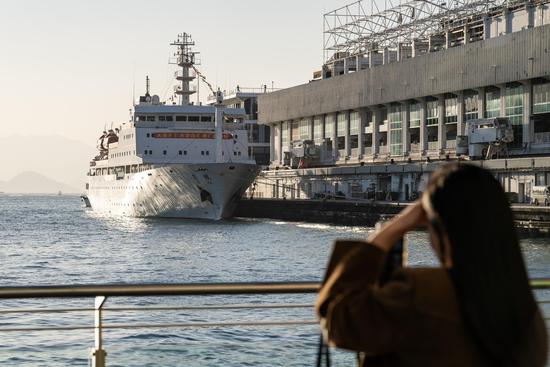
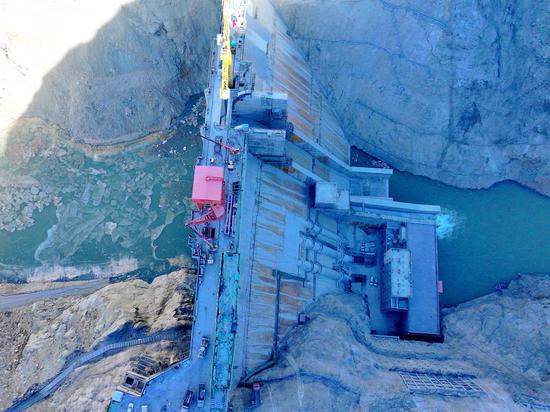



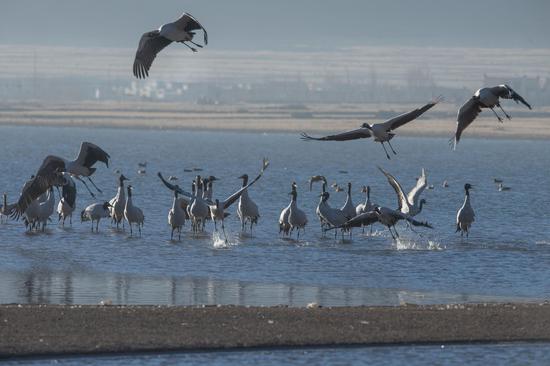
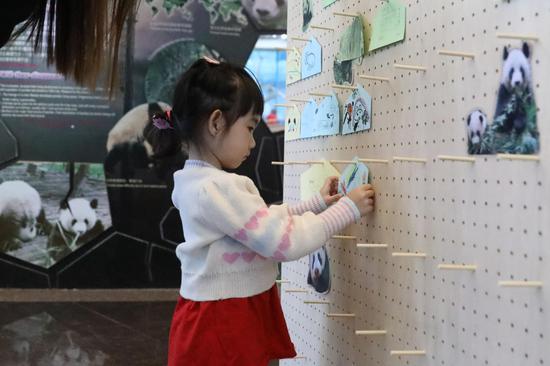
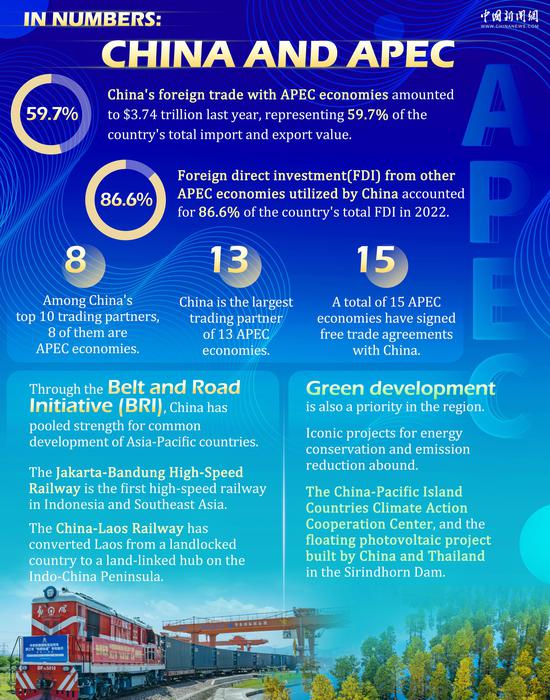

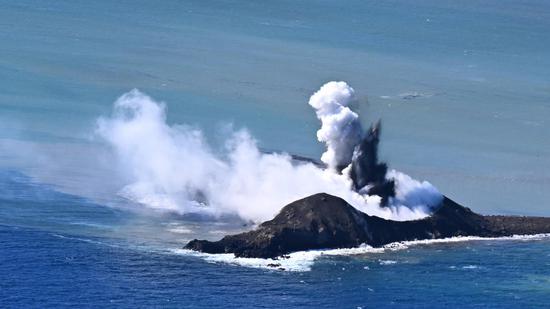
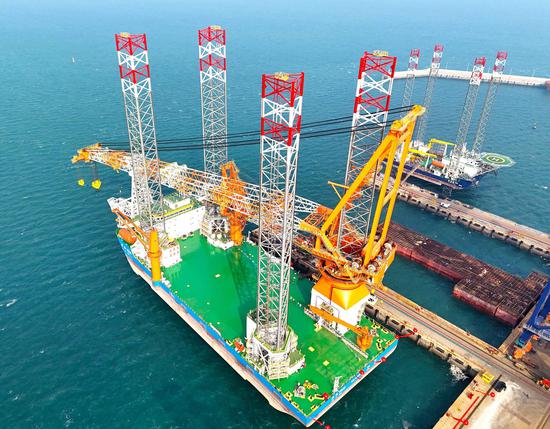

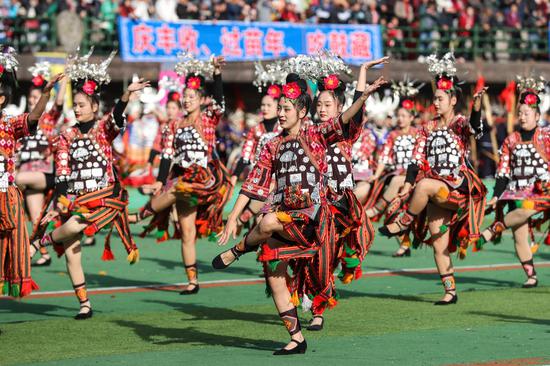

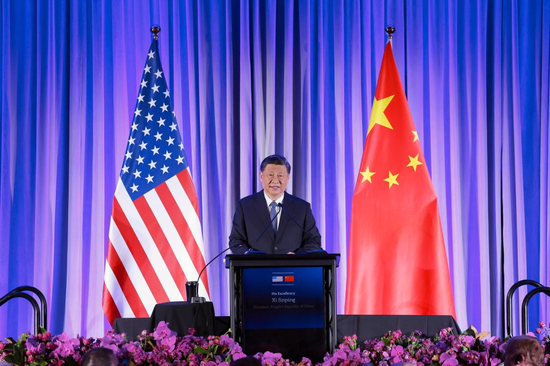
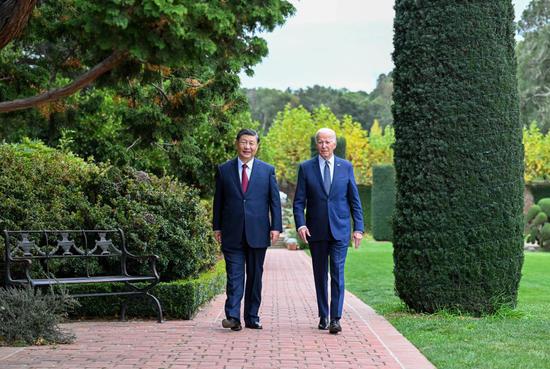

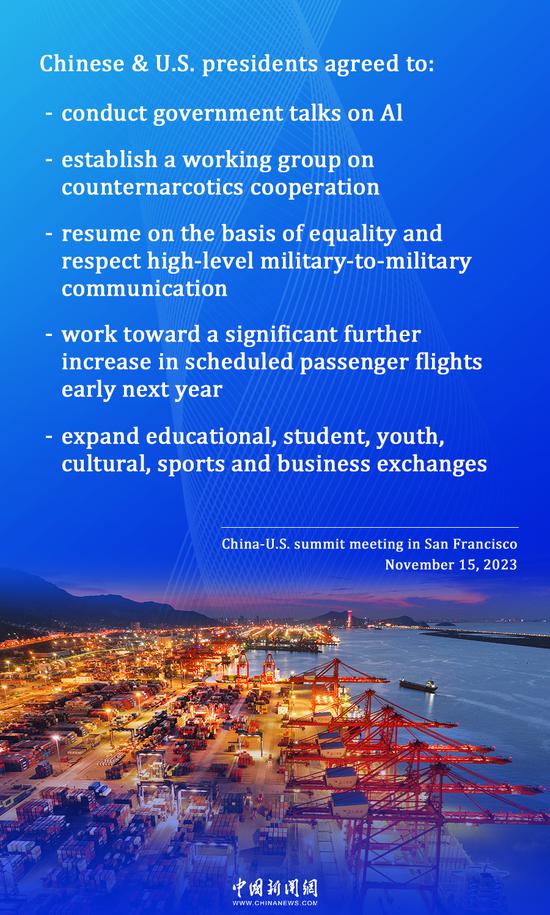
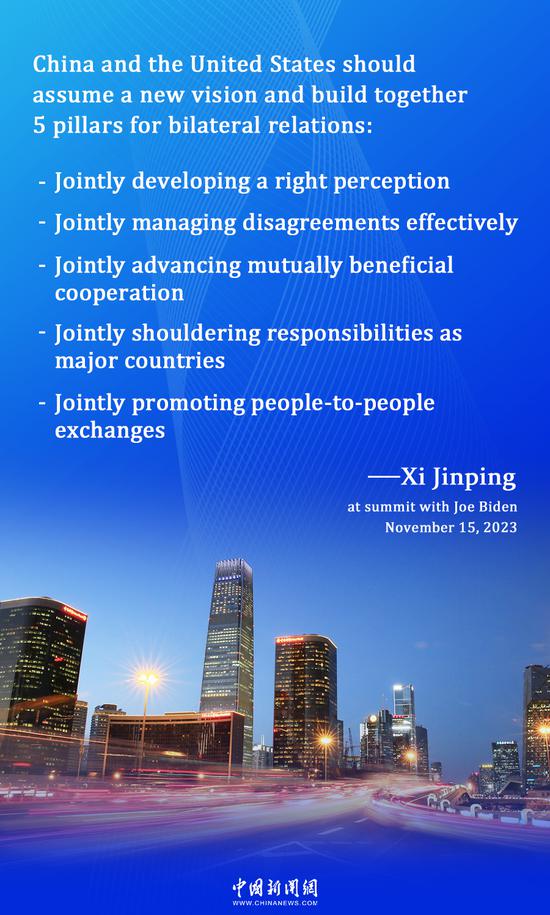
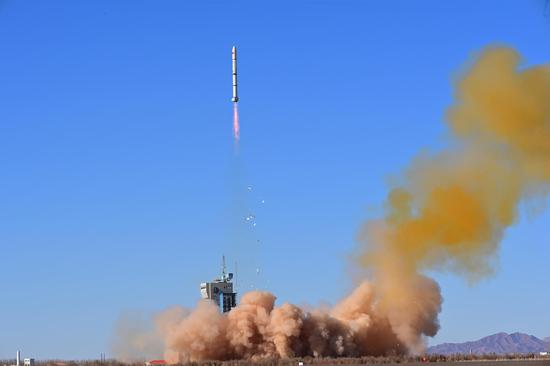
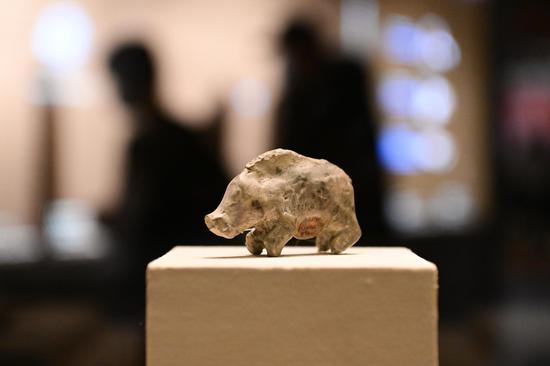

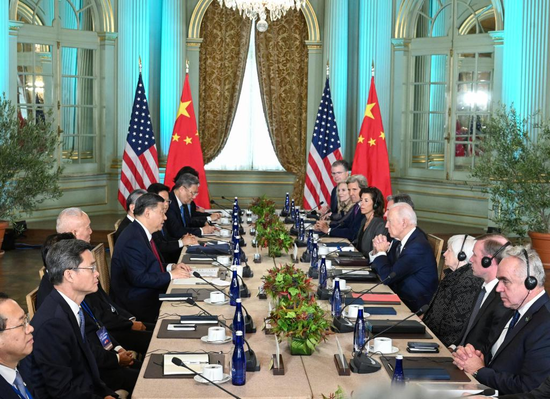

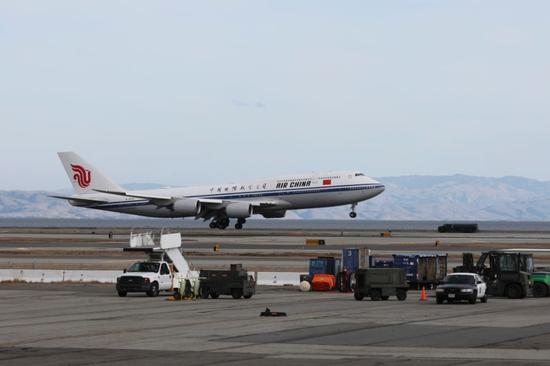
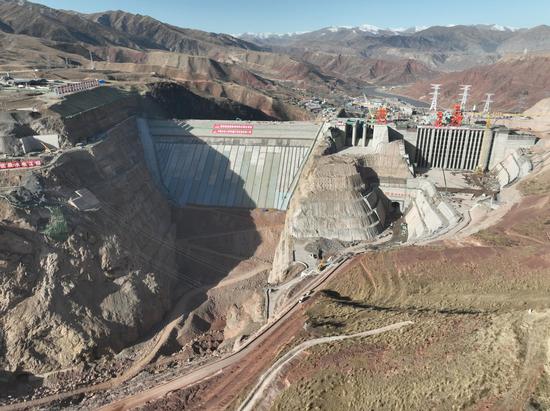
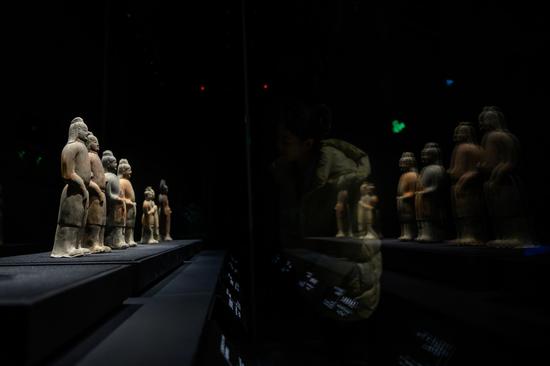


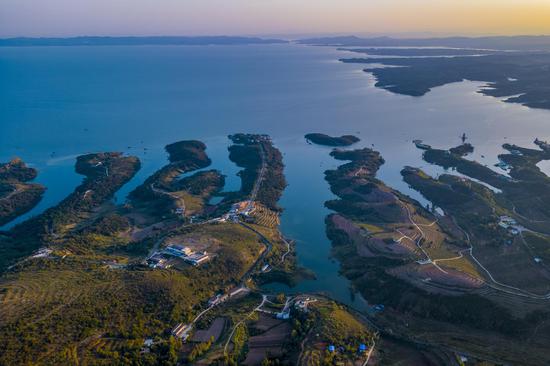


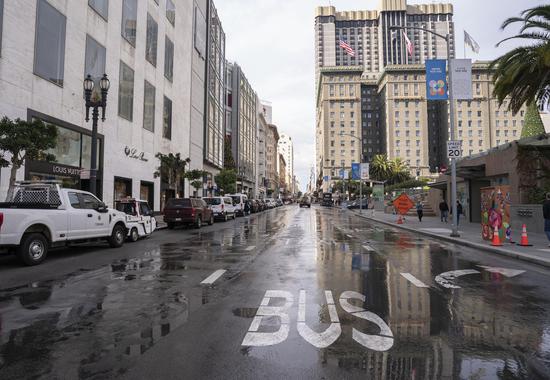








 京公网安备 11010202009201号
京公网安备 11010202009201号